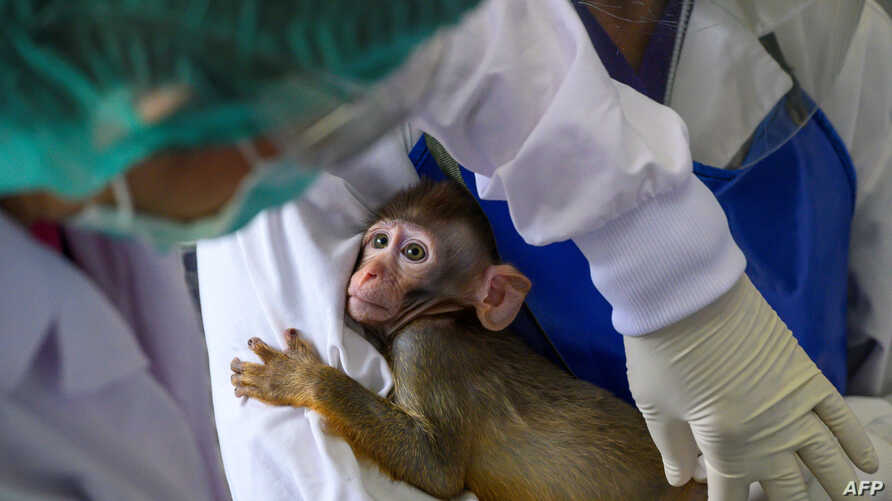There are no products in your shopping cart.
| 0 Items | £0.00 |


THAILAND has raised ethical questions over its attempts to develop a vaccine for the Covid-19 virus after its scientists began carrying out tests on macaque monkeys in an bid to produce a cheap and effective drug.
Largely unaffected by the virus, Thailand has only witnessed 3,045 cases of coronavirus, of which there have been 57 deaths. However, despite this, due to its proximity to China, Thai scientists were one of the first to begin work on a vaccine for the virus and they are hopeful of producing a cheap pharmaceutical drug by next year.
More than 100 candidate vaccines are currently in various stages of development around the world, at least eight of which are in clinical trials with humans, according to the World Health Organisation. Oxford University researchers are considered the frontrunners in the race, having started clinical trials on a version based on a different virus that causes infections in chimpanzees last month.
In Thailand, however, the recent tests are likely to attract the angst of animal rights activists after scientists at the National Primate Research Centre of Thailand at Chulalongkorn University in Saraburi began conducting tests on macaque monkeys. Dr Suchinda Malaivitjitnond, director of the centre, who oversaw Saturday’s vaccine injections to an initial group of 13 monkeys, said she hoped a Made in Thailand vaccine would be cheaper than a European or American drug.
Thai scientists said the testing phase on the macaque monkeys came after trials on mice were successful. They are working in collaboration with the University of Pennsylvania in the US using a new technology based on mRNA, a type of genetic material never before used to make a vaccine.
This process entails injecting a short sequence of viral genetic material to trigger an immune response by producing proteins acting against the virus. At least two other companies in Pfizer and Moderna are developing vaccines using the same technology, with the latter reporting positive preliminary results last week from clinical trials.
Dr Kiat Ruxrungtham, chair of the Chula Vaccine Research Center at Thailand's Chulalongkorn University, said: "If the tests on the macaques go well, human trials should start in October. Our dream is that low- and middle-income countries should not stay a buyer for our whole lives.”